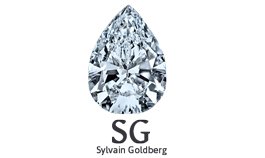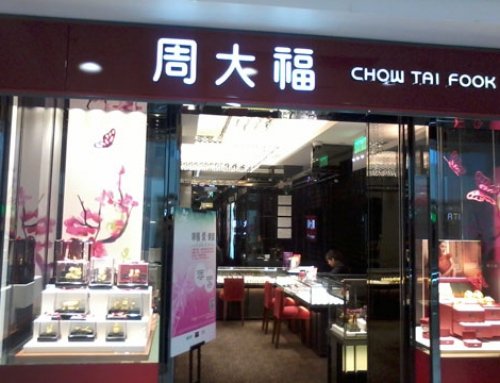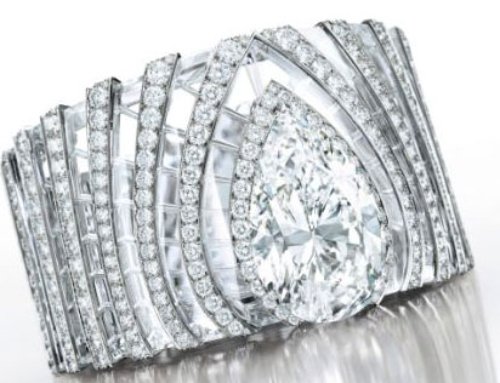Photo Bruce Cleaver: DeBeersgroup.com
The current turmoil in the diamond industry is serious, but it will pass, says Bruce Cleaver, CEO of De Beers Group, after the recent announcement of the company’s financial results.
“I’m not going to pretend it’s easy, because it’s not very simple right now,” says Bruce Cleaver. “The intermediate flow is shaken by a series of circumstances that make it difficult for them. There is an oversupply of polished products at the heart of the trade, less restocking“. However, he hopes that the sector will recover when demand increases.
“I don’t want to underestimate how difficult it is now, but there is a psychological element to it,” he says. “If we have a good season, it will pass.”
One of the biggest problems is liquidity, where lenders are still reluctant to finance diamond companies, as shown by a recent letter from ABN Amro stating that it no longer wants to guarantee certain rough purchases.
“That letter was not very favorable“, says Bruce Cleaver. “Strong companies in the sector will have to find new sources of finance. There is no doubt that liquidity has been tightened, encouraging people to make sales that they wouldn’t normally make.”
De Beers tries to work with his customers to get them back on track and has lowered its production targets for the second half of the year, he notes.
“Our sales figures have fallen and we are giving them unprecedented flexibility to postpone their purchases. Our goal is to work with them throughout this period.”
The company also plans to significantly increase its marketing spending this year.
“It is important that De Beers behaves as a market leader during this period,” says Bruce Cleaver. “You’ll see more of us, not less. It is important that we continue to invest in this cycle.”
He adds that demand in the United States remained stable in the first quarter, partly due to stock market volatility and trading nervousness. However, demand in the second quarter looks “slightly better” and the company expects a good second half. Demand from China also seems strong, although he admits that many things “depend on macroeconomic issues over which we have no control whatsoever.”
While some have suggested that laboratory-grown diamonds could contribute to the current hardship, Bruce Cleaver says that his data reveals “very little cannibalization“.
“Our data suggest that lab culture has little influence on natural products,” he says. “It is clear that it’s an ongoing matter. I think it’s a psychological factor, but it’s not confirmed by the data.”
He adds that “we need to explain to consumers the difference between laboratory-grown and natural products, and we want to do more about that.”
In the latest financial results for the first half of 2019, De Beers recorded a turnover of $2.7 billion, a decrease of 17% compared to the previous year. Gross sales fell by 21%. EBITDA (earnings before interest, taxes, depreciation and amortization) amounted to $517 million, a decrease of 27% compared to 2018.







